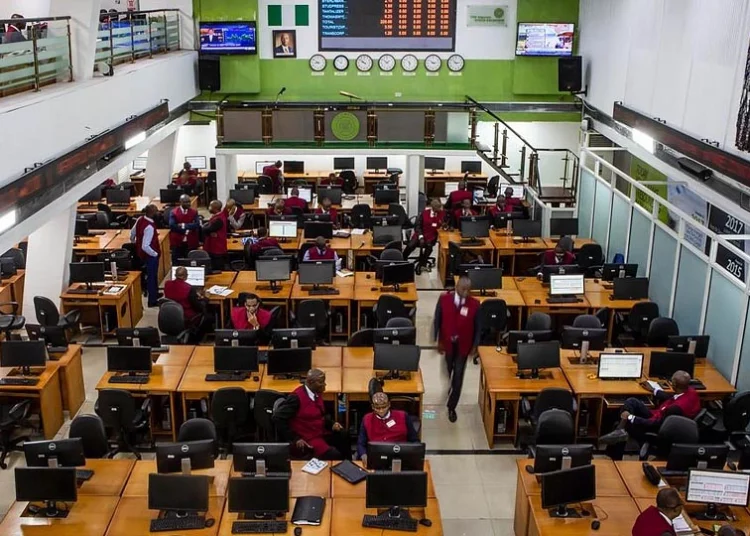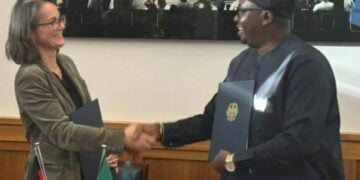Finance and sustainability experts have called for stronger collaboration among regulators, investors, and private sector players to scale up sustainable financing and drive Nigeria’s long-term economic growth.
The call was made during a special session hosted by RMB Nigeria at the 31st Nigerian Economic Summit (NES#31), themed: ‘Funding the Future: Sustainable Financing as a Growth Engine.’ The session brought together policymakers and financial leaders to explore innovative instruments and partnerships that can help bridge Nigeria’s infrastructure and climate finance gaps.
Speaking at the event, the chief executive officer of RMB Nigeria, Bayo Ajayi, said that finance must take on a more transformative role in advancing inclusive and resilient growth. “At RMB, we believe finance must evolve from a passive liquidity provider to an active catalyst for transformation. Every naira deployed should build industries, empower communities, and safeguard our environment,” he said.
In her keynote address, Patience Oniha, director-general of the Debt Management Office (DMO), highlighted Nigeria’s pioneering role in Africa’s green finance market.
The country was the first on the continent to issue a sovereign green bond in 2017. Since then, we’ve raised N75.69 billion in three tranches to fund renewable energy, clean transport, and afforestation projects, Oniha said.
She, however, acknowledged challenges such as limited investor participation and complex issuance processes, adding that the DMO is working with the World Bank to develop a revised Environmental, Social, and Governance (ESG) framework to attract more local and international investors.
A panel discussion moderated by Adaobi Onanuga, vice president of Debt Financing Solutions at RMB Nigeria, featured industry leaders, including Kolapo Joseph of North South Power, Eniola Akinsete of the Bank of Industry, Yewande Adewusi of Alitheia Capital, Chidi Iwuchukwu of RMB Nigeria, and Nana Maidugu of the Nigeria Sovereign Investment Authority (NSIA).
The panellists stressed the need for blended finance, project de-risking, and stronger governance structures to mobilise capital. They observed that Africa receives only about three per cent of global sustainable finance flows despite its vast potential for climate-aligned growth.
Ajayi reiterated that collaboration and commitment remain key to achieving Nigeria’s sustainable development goals. ‘Sustainable financing is the bridge between ambition and execution. It is the key to ensuring our growth is fast, fair, and enduring,’ he said.





